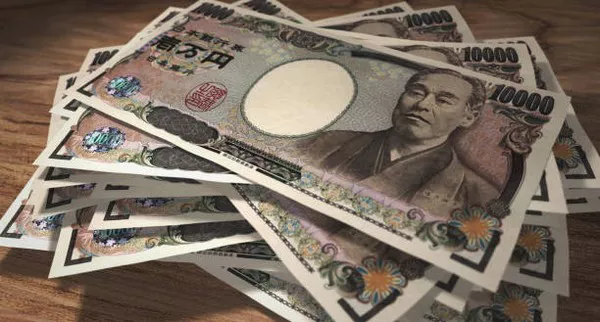On Tuesday, Bank of Japan Governor Kazuo Ueda addressed the Japanese Diet. Kazuo Ueda warned that policy responses may be needed due to the impact of foreign exchange fluctuations and will pay close attention to recent currency fluctuations.
Monetary policy is designed to affect inflation, not the yen exchange rate.
The impact of yen movements on the economy will be studied.
Foreign exchange movements can have a large impact on the economy and prices, so the impact of foreign exchange fluctuations may be greater than in the past.
The Bank of Japan does not seek to use monetary policy to directly control foreign exchange rates.
Foreign exchange trends are one of the various factors that affect the economy and prices.
A weak yen can push up import costs and impact the economy through other means, including demand.
Adjust loose policies based on rising price trends.
If yen movements affect trend inflation, the Bank of Japan may need to respond through monetary policy.
We expect trend inflation to gradually move towards 2%.
If trend inflation moves toward 2 percent, as we forecast, or if we see the potential for inflation to exceed our forecast, we will adjust monetary policy as appropriate.


